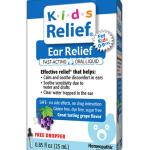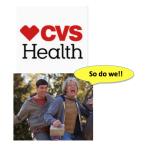A "friend" of mine is having some cosmetic surgery. He/she/her/him/them/it has been given a take-home kit for post-surgical care.
homeopathic products
Homeopathic products can be found in the aisles of almost every pharmacy.
It seems like every time I open up my computer, another children's homeopathic product is getting recalled.
Homeopathic products are a scam. They are sold for almost any ailment imaginable and, collectively, people are willing to spend several billions of dollars a year on them despite any evidence that they are effective.
Every once in awhile I get something wrong, and I have no problem admitting it.
The insanity that is evident from examining the role (or lack
The latest in health news: The FDA is finally reviewing homeopathic products to decide whether they should go under same approval process as conventional drugs, a new study shows why napping in carseats and strollers could be dangerous for your






